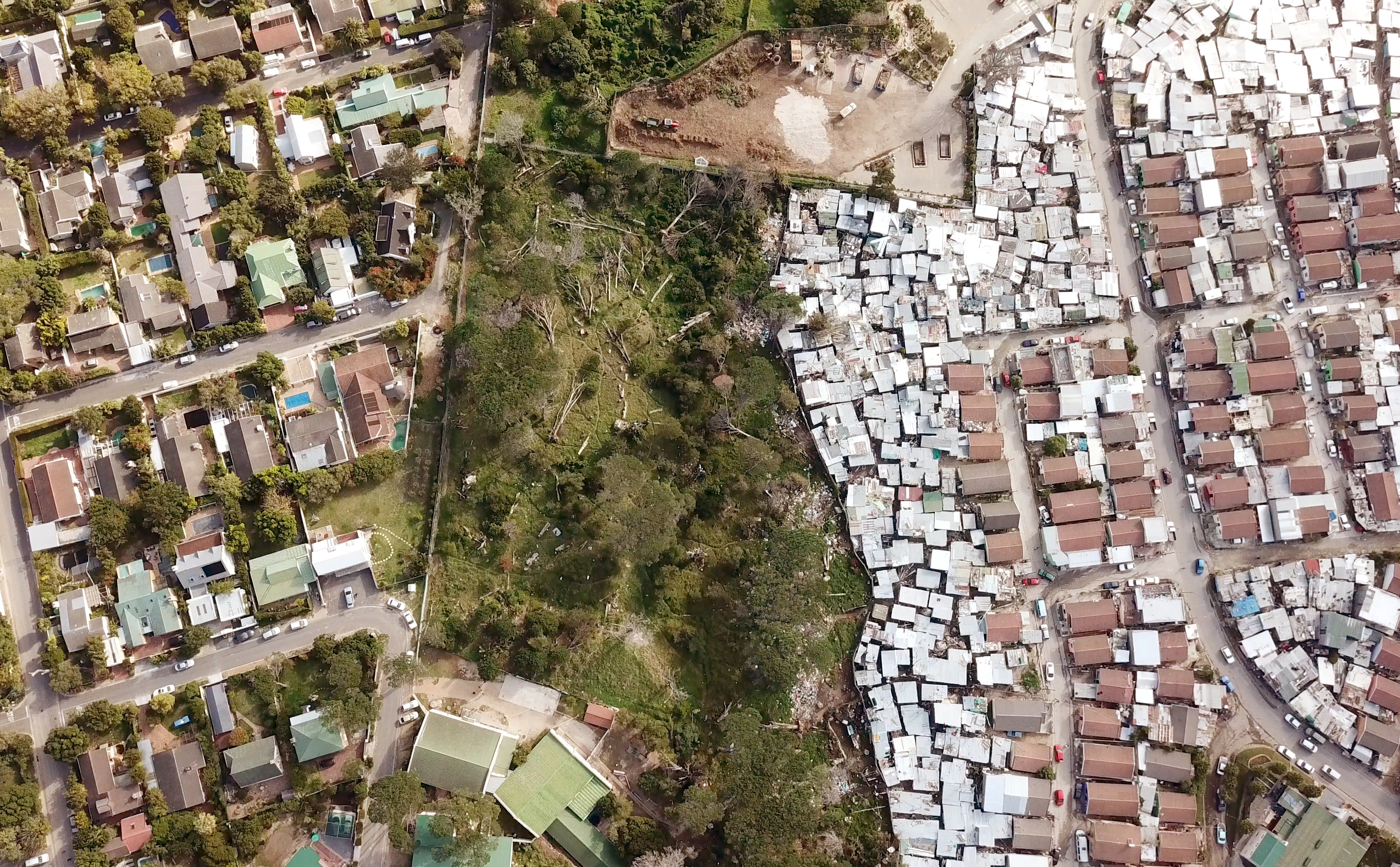Previous Global Future Council on the New Agenda for Fiscal and Monetary Policy
Previous Global Future Council on the New Agenda for Fiscal and Monetary Policy

Council mission and objectives
What are the new approaches to applying the tools of economic policy for shaping a new, inclusive economy? The COVID-19 crisis has laid bare the fragilities of our economic systems, and the breadth, depth and speed of the transformations that our economies and societies are undergoing have accelerated exponentially. The unprecedented nature of this shock has fostered the temporary adoption of economic policies previously considered radical by orthodox economic theory. Key themes to address include new approaches, proposals and pilots reshaping tax and public spending, monetary policy and managing public debt. The Global Future Council on the New Agenda for Fiscal and Monetary Policy will develop new thinking and influence change and action through the Forum’s Platform for Shaping the New Economy and Society and shape key inputs to the Great Reset initiative.
Forum Agenda blogs
Latest publications
Mobilizing thought leadership for impact
The Global Future Councils serve as a brain trust for leaders from government, business and civil society, and support the Forum’s mission by bringing together experts bound by a shared mission to discuss the most critical issues, generate insights and analysis, and collaborate in shaping agendas.
Related articles

This is what global tax reforms will mean for Asia's tech giants
A new set of global tax reforms will change where tech giants pay taxes, resulting in major ramifications for investments hubs across Asia like Singapore.

Building back broader: a new approach to fiscal and monetary policy
New report identifies three pathways for the transformation of fiscal and monetary policy which could foster a fairer, greener and more inclusive society.

UK's Clean Air Zones Can Save Lives And Money. Here's How
Clean Air Zones in the UK are helping save lives and money. New research shows how clean air policy-making generates significant economic and health benefits.

Here’s a simple and fair way to end corporate tax abuse
Current proposals are complex and unequal. A minimum effective tax rate will reallocate undertaxed profits with substantial benefits for non tax-havens.

Is physical distancing on the decline?
Measures tracking mobility, such as Google Community Mobility Reports, showed that adherence to keeping our distance from others began to relax, likely caused by pandemic fatigue.

Can we put a price on clean air? Yes, we can
This new research reveals clean air could deliver a $2.2 billion annual boost to the UK economy, and could prevent up to 17,000 premature deaths.

Explore strategic insights and contextual intelligence on financial and monetary systems from the World Economic Forum
The World Economic Forum developed Strategic Intelligence to help you understand the global forces at play and make more informed decisions. Explore and monitor the issues and forces driving transformational change across more than 250 areas, including economies, industries and global issues, and identify the most relevant publications, videos, data, events, initiatives and stakeholders in those areas.
Related reports
Read our reports on the range of issues we’re seeking to address